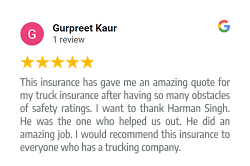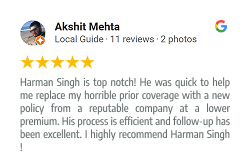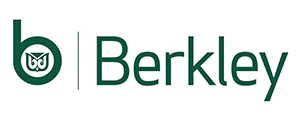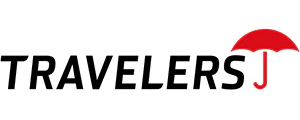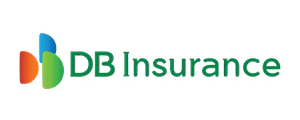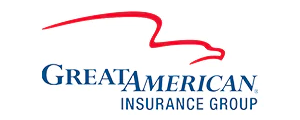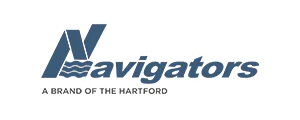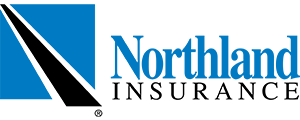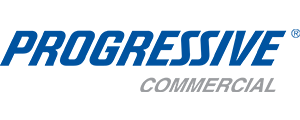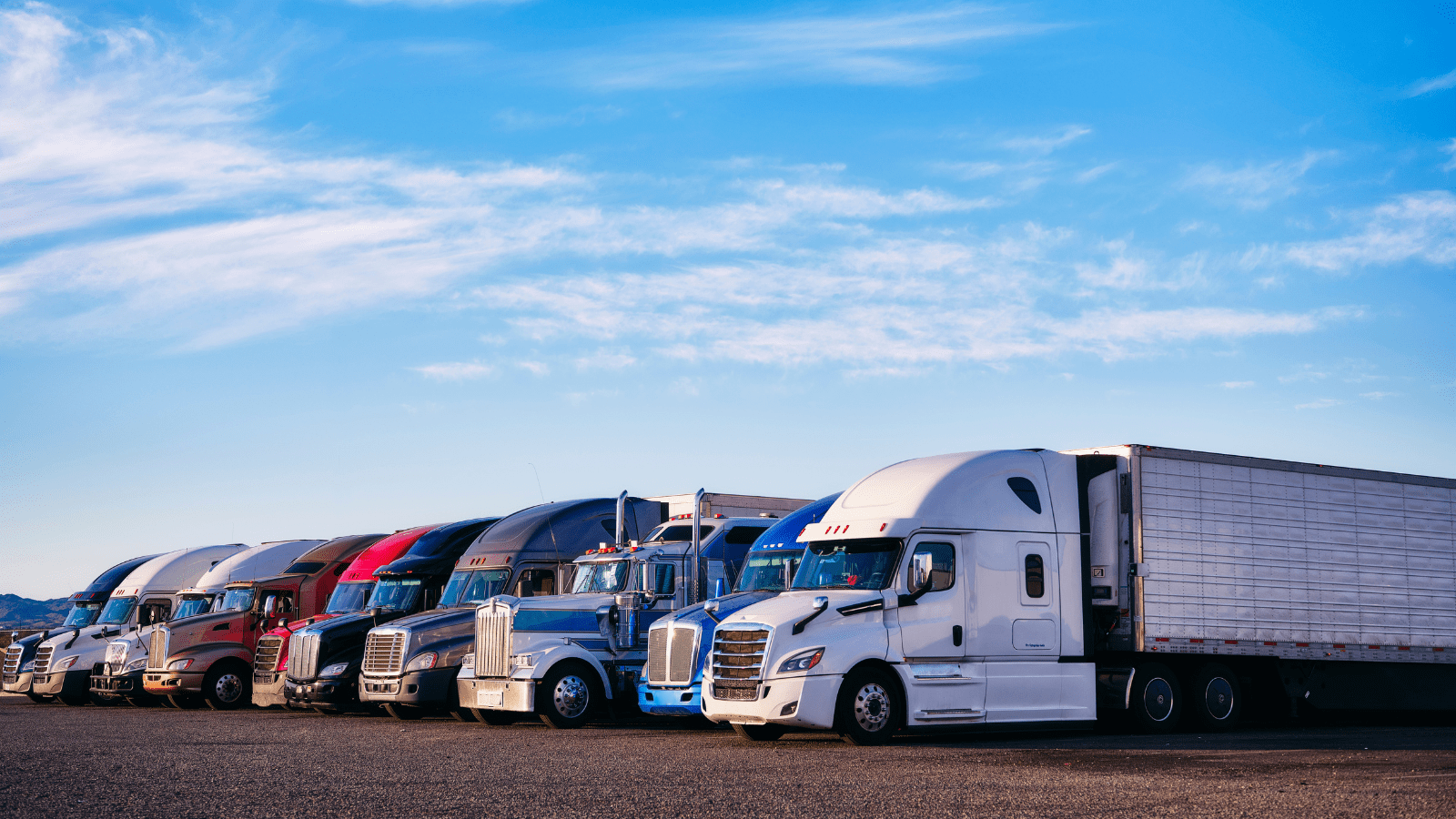
Top 7 Risks Trucking Companies Face and How Business Truck Insurance Protects You
The trucking industry powers the U.S. economy by moving goods across vast distances. Yet, despite its critical role, trucking companies face unique daily risks that carry financial, legal, and operational consequences. Without proper trucking insurance, a single incident can threaten profitability and even the survival of the business.
Here’s an in-depth look at the top risks truckers face—and how the right trucking business insurance shields your operation.
Why Trucking Businesses Must Manage Risk
Trucking companies face substantial liability, whether hauling general freight, hazardous materials, or passengers. These risks range from accidents and cargo loss to lawsuits and regulatory penalties. Proactive risk management anchored by comprehensive trucking insurance—is the foundation for long-term stability and compliance.
1. Vehicle Accidents
Truck crashes often result in extensive property damage, severe injuries, and, tragically, loss of life. Liability for accidents can mean hefty payouts, legal fees, and regulatory penalties.
Federal law (FMCSA) mandates minimum liability insurance for all trucking companies, with requirements based on vehicle weight and cargo type. For example:
- Trucks carrying hazardous freight may need up to $5 million in liability coverage.
- Smaller trucks transporting non-hazardous goods require less coverage.
How Insurance Protects:
- Commercial auto liability insurance covers bodily injury, property damage, and vehicle-related losses caused by accidents.
- Helps pay for medical costs, repairs, and legal settlements.
2. Cargo Theft and Damage
Freight theft and cargo damage are constant risks, whether en route or during loading. High-value shipments are frequent targets, and accidental damage can result from mishandling or severe weather.
Importantly, standard auto liability insurance does not extend to cargo. A separate policy is required.
How Insurance Protects:
- “All risks” cargo insurance covers a wide range of losses, excluding only specific events.
- Named perils policies cover defined risks such as fire or natural disasters.
- Open cover policies provide ongoing protection for frequent shipments.
3. On-Site Accidents and Non-Dispatch Risks
Accidents don’t just happen on the road. Trucks parked at depots, in lots, or used off-dispatch are still vulnerable to theft, vandalism, or damage.
How Insurance Protects:
- Bobtail insurance covers trucks when they are operated without a trailer or while not under dispatch, including incidents that occur during personal use.
4. Employee Injuries and Workers’ Compensation
Truck drivers and loading crews face constant occupational hazards—from injuries during cargo handling to health problems caused by long driving hours.
Companies are legally required to carry workers’ compensation insurance. Without it, businesses face steep penalties and lawsuits.
How Insurance Protects:
- Workers’ compensation covers medical care and lost wages when employees are injured on the job.
- Protects the company from costly lawsuits and regulatory violations.
5. Lawsuits and Legal Liability
Trucking companies often face lawsuits stemming from accidents, regulatory violations, or employment disputes. Fatigue-related crashes and compliance failures are common triggers for litigation.
The FMCSA enforces strict driver-hour limits to reduce fatigue. Ignoring these rules can result in heavy fines and legal challenges.
How Insurance Protects:
- Umbrella insurance extends liability coverage beyond standard policies.
- Covers additional legal fees, settlements, or judgments.
6. Environmental Liability
Fuel spills and hazardous material releases can cause environmental harm, trigger expensive cleanups, and lead to steep regulatory fines.
How Insurance Protects:
- Environmental liability policies cover cleanup expenses, third-party claims, and regulatory penalties caused by leaks, spills, or contamination.
7. Cybersecurity Threats
The growing digitalization of logistics creates new vulnerabilities. Cyberattacks, ransomware, and data breaches can disrupt operations and compromise sensitive customer data.
How Insurance Protects:
- Cyber liability insurance helps with recovery costs, data restoration, and legal consequences from breaches or attacks.
How Trucking Business Insurance Mitigates Risk
Trucking insurance isn’t a one-size-fits-all solution. Coverage should reflect company size, cargo type, operational territory, and unique business exposures.
Key Coverage Types:
- Liability Insurance – Shields against accidents and property damage.
- Cargo Insurance – Protects shipments from theft, damage, and loss.
- Workers’ Compensation – Covers employee medical expenses and lost wages.
- Bobtail Insurance – Covers trucks when not under dispatch.
- Environmental Liability – Pays for cleanup and contamination costs.
- Cyber Liability – Protects against digital threats and data breaches.
- Umbrella Insurance – Provides extra coverage above existing policy limits.
Key Coverage Benefits:
- Financial protection from lawsuits, accidents, and theft.
- Compliance with federal and state requirements.
- Business continuity through claims and settlements support.
- Peace of mind for owners and drivers alike.
FAQs About Trucking Business Insurance
What types of insurance does a trucking business need?
Essential coverage includes commercial auto liability, cargo insurance, workers’ compensation, environmental liability, cyber insurance, and umbrella policies for complete protection.
Is trucking insurance mandatory in the U.S.?
Yes. Federal law requires minimum liability insurance, while cargo coverage and workers’ compensation are mandated by state laws or contract requirements.
How are insurance premiums calculated?
Premiums depend on fleet size, operational area, cargo type, driving history, and coverage limits.
What happens if an incident isn’t covered by standard policies?
Umbrella insurance fills coverage gaps and provides extended protection.
How can trucking business owners reduce their risks?
By maintaining vehicles, training drivers, complying with regulations, and securing comprehensive insurance tailored to their operations.
Conclusion
Trucking businesses face a wide range of risks—from collisions to cyber-attacks. The right trucking business insurance is the backbone of resilience, offering legal defense, financial stability, and operational continuity. Protecting drivers, cargo, and assets is not just a legal requirement—it’s the smartest investment in your company’s long-term success.


